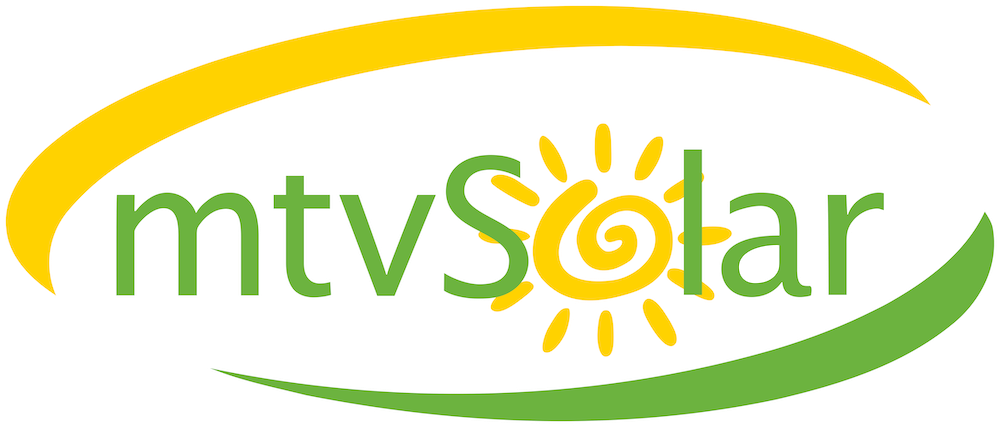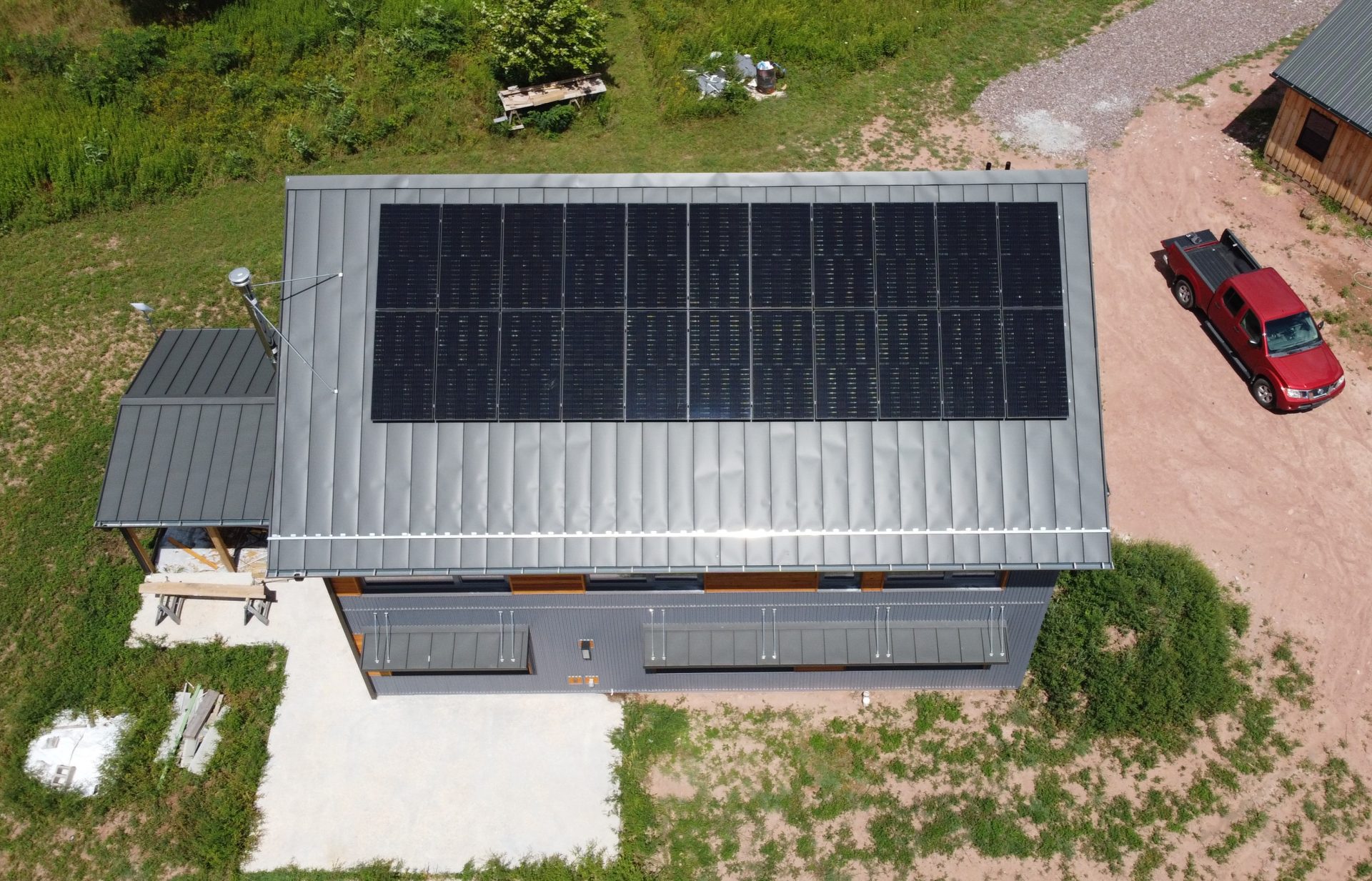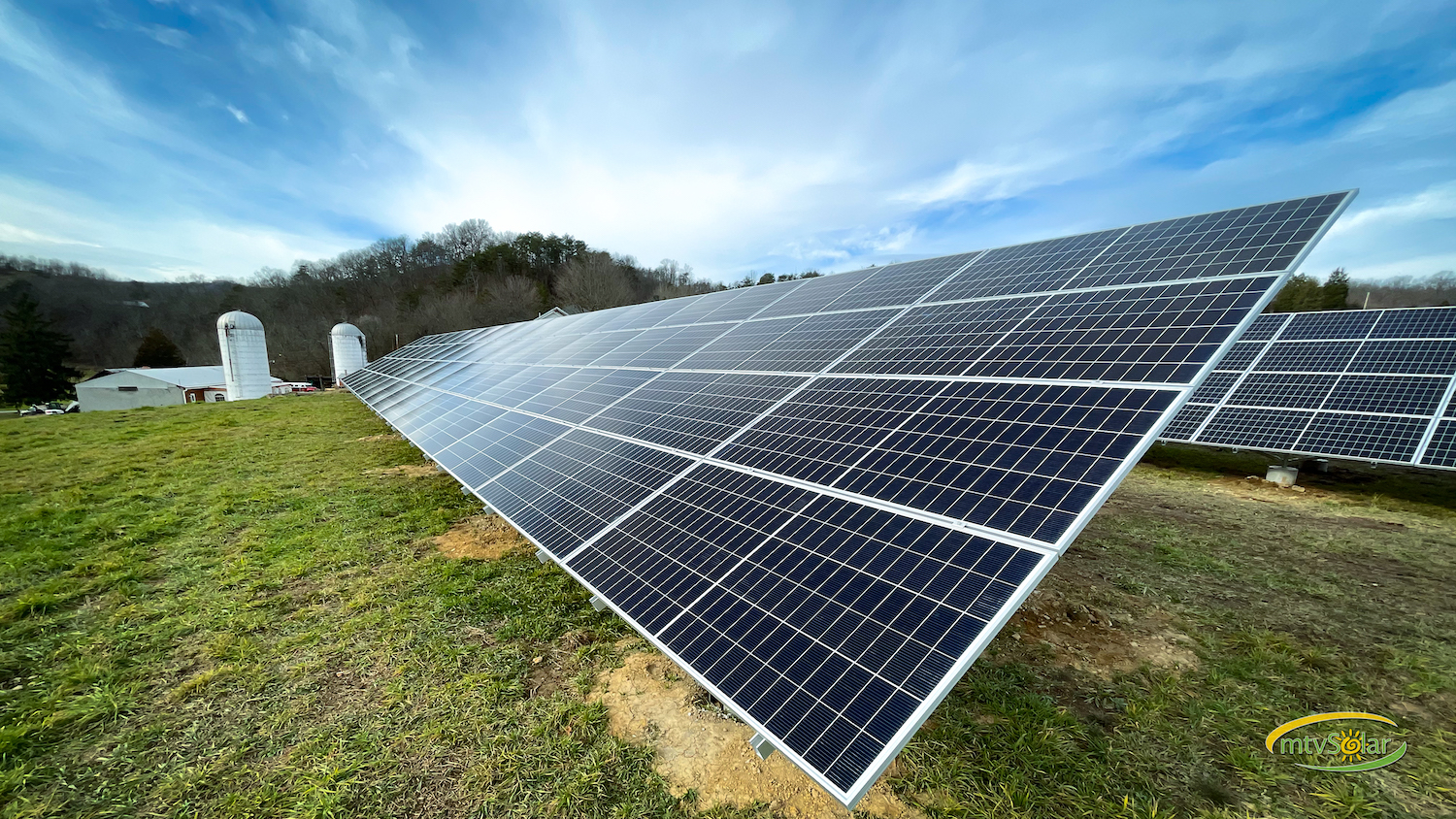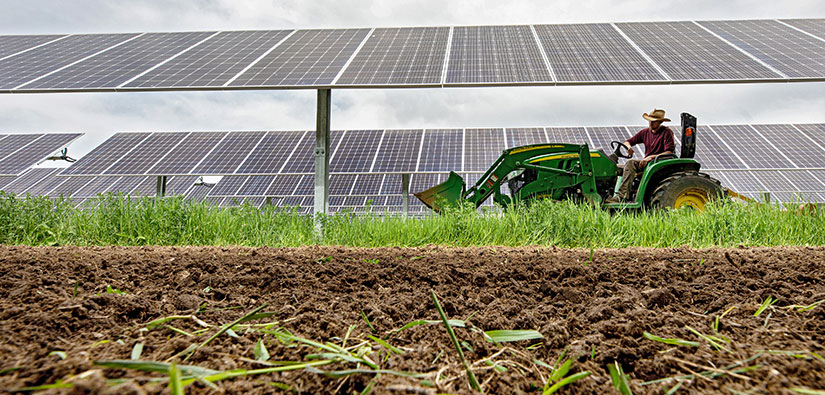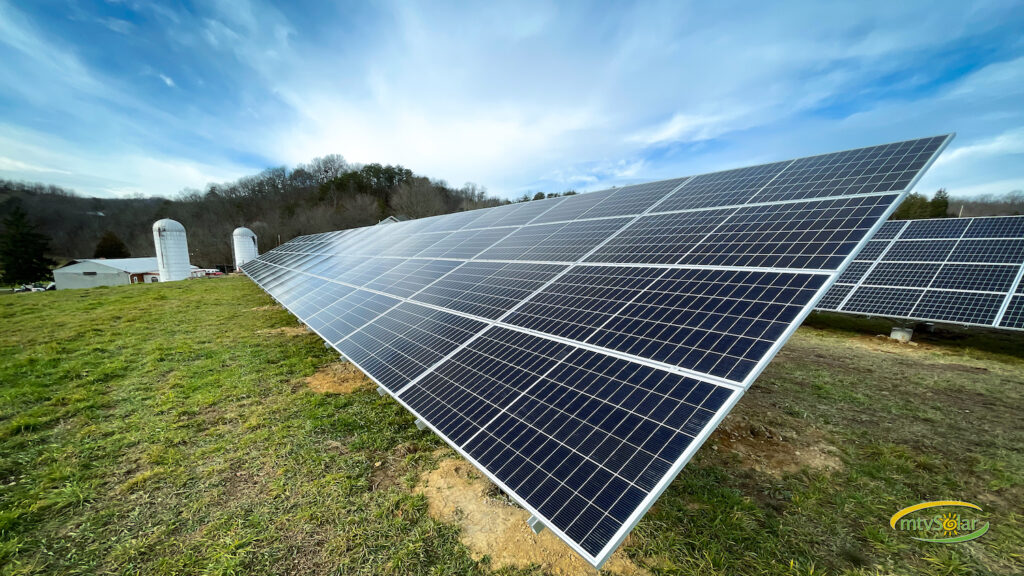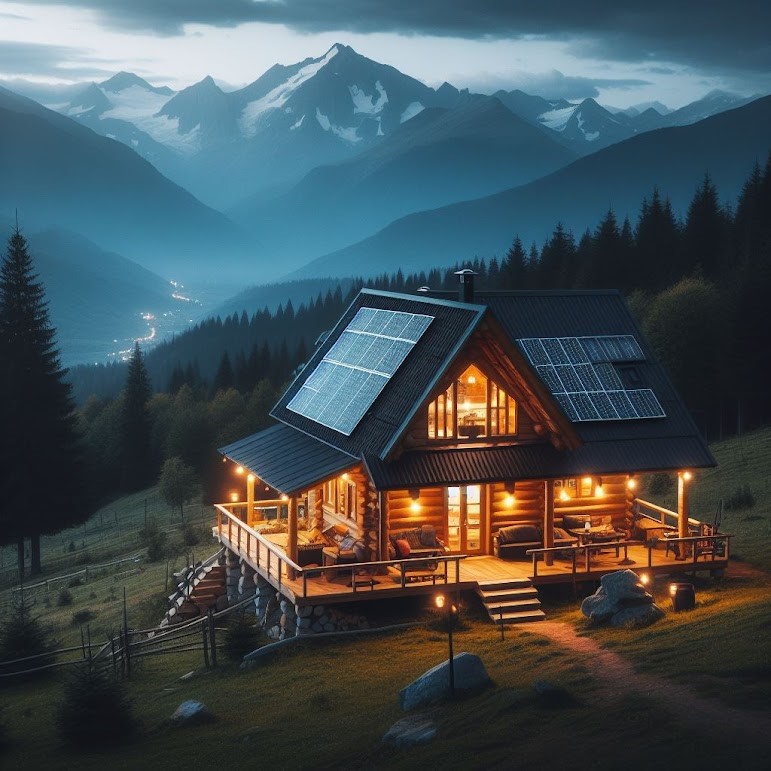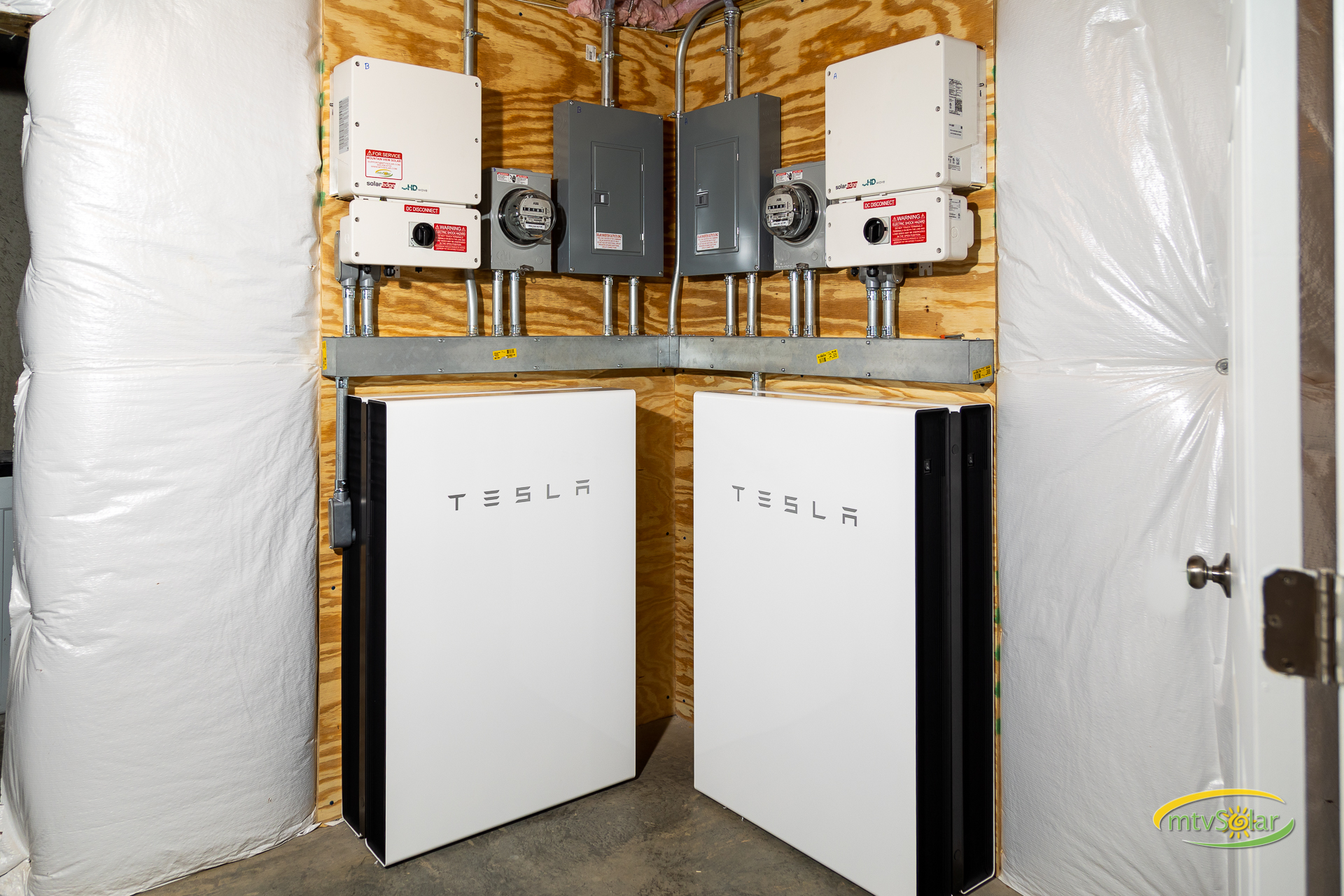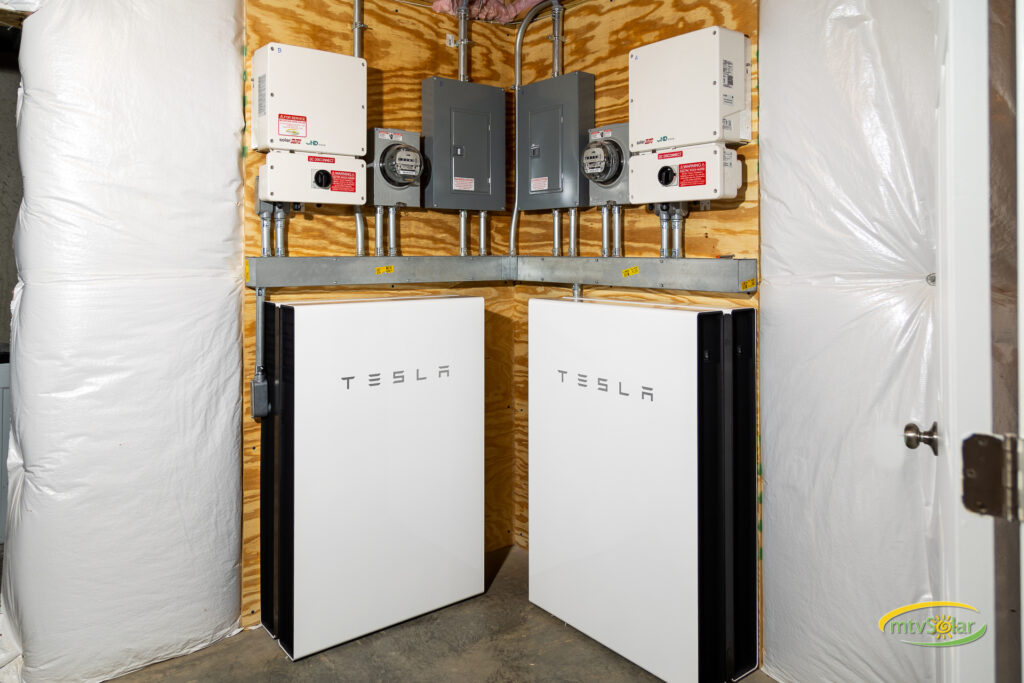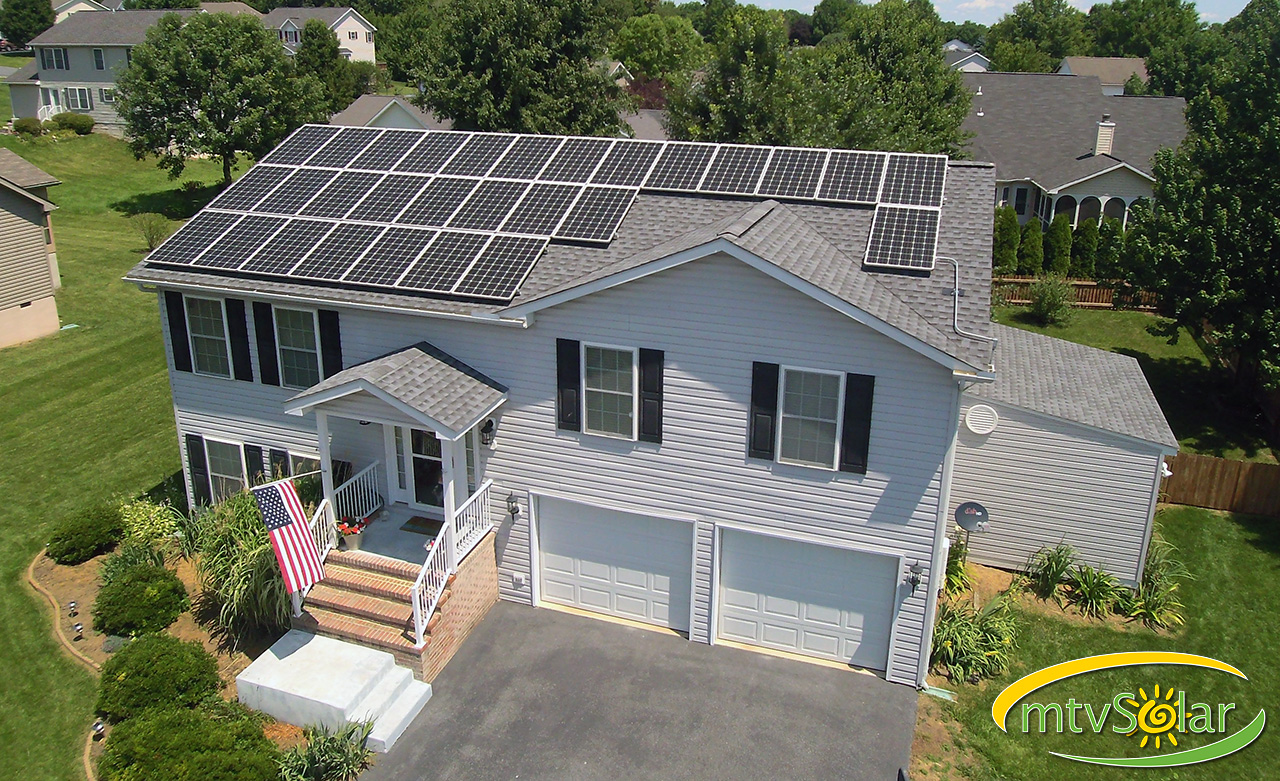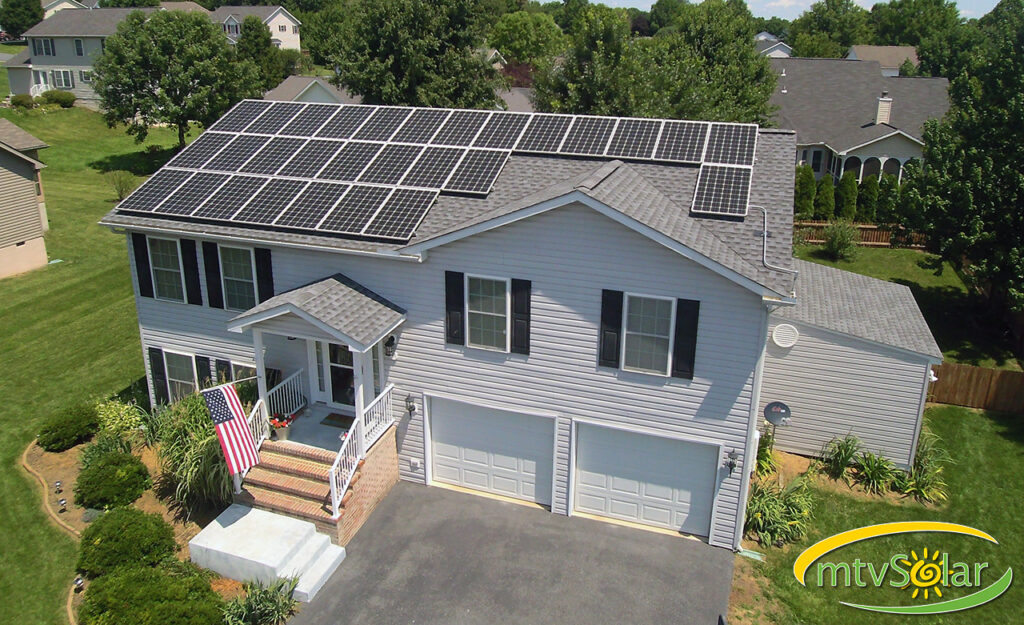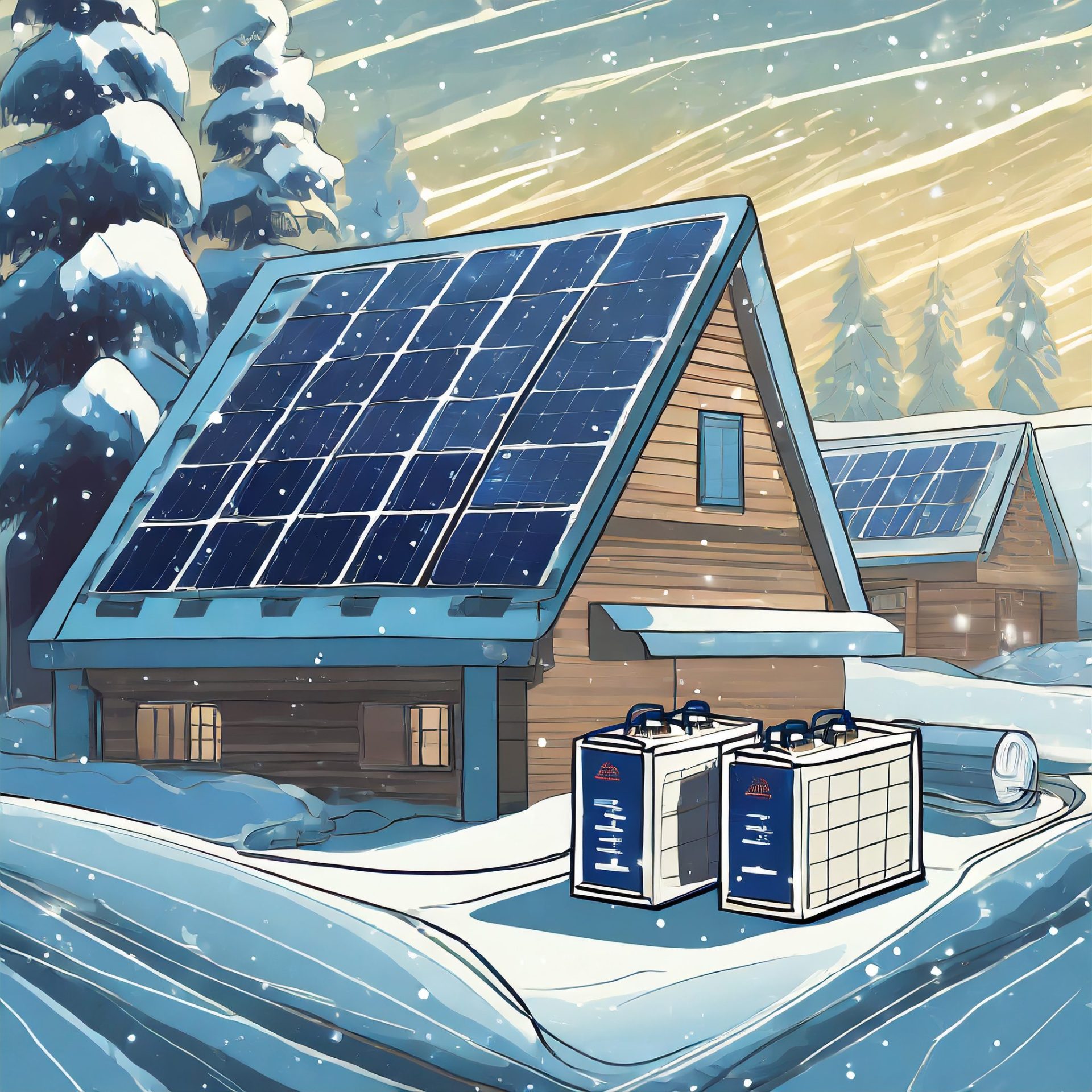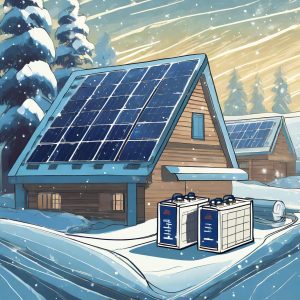Building a new home comes with hundreds of decisions, large and small. What’s the square footage? What material is the exterior? What’s the roofline look like? Throughout the process, homeowners have to pick bedroom sizes, window styles, flooring and appliances. One of the most basic decisions can have the biggest impact over the life of the structure – what will power the home?
Many of today’s new homes are all electric – an approach that takes fossil fuels out of the home energy landscape and creates energy savings. Indoor air quality and safety also benefit from the removal of various fuels from a residence.
But what supplies the electricity? In most cases, a residential connection to the power grid is one of the first utilities to be brought to a house under construction. So what do you do if you want solar energy or battery storage to be part of your home energy supply? At what point in the construction process can those systems be brought into the planning and design?

This blog will explore how you can bring solar into the early stages of planning your dream home to create a residence that can generate its own energy for the decades ahead.
So when is the right time to bring solar into the construction conversation? As early as possible, says Mike Studholme, Senior PV and Battery Consultant with mtvSolar.
“Orientation is key. Make sure the roof is going to be oriented properly from the start,” said Studholme. How a new house will sit on the site, what kind of clearance the site has and the pitch of the roof all affect the viability of solar panel systems.
If a builder doesn’t offer a solar package among their services, ask if they have worked with a solar installer they trust. Well-established solar companies like mtvSolar have a track record of working with multiple contracting companies in an area, making the coordination of building and installation much smoother.
And if a builder doesn’t have “a solar guy,” a homeowner can bring a solar company into the process themselves.
“You can contact us directly and we can talk with your builder, do a design and give them a proposal they can build into the project costs,” said Studholme.
Solar proposals for a brand new home can come from house plans, with a few added details – what appliances the homeowner expects to have and other electrical demands in the home like an EV charger, heated pool or hot tub.
“We can take a plan set and design a solar array. It can take place very early in the process,” said Mike.
Starting the solar conversation early in a construction project can pay off in multiple ways:
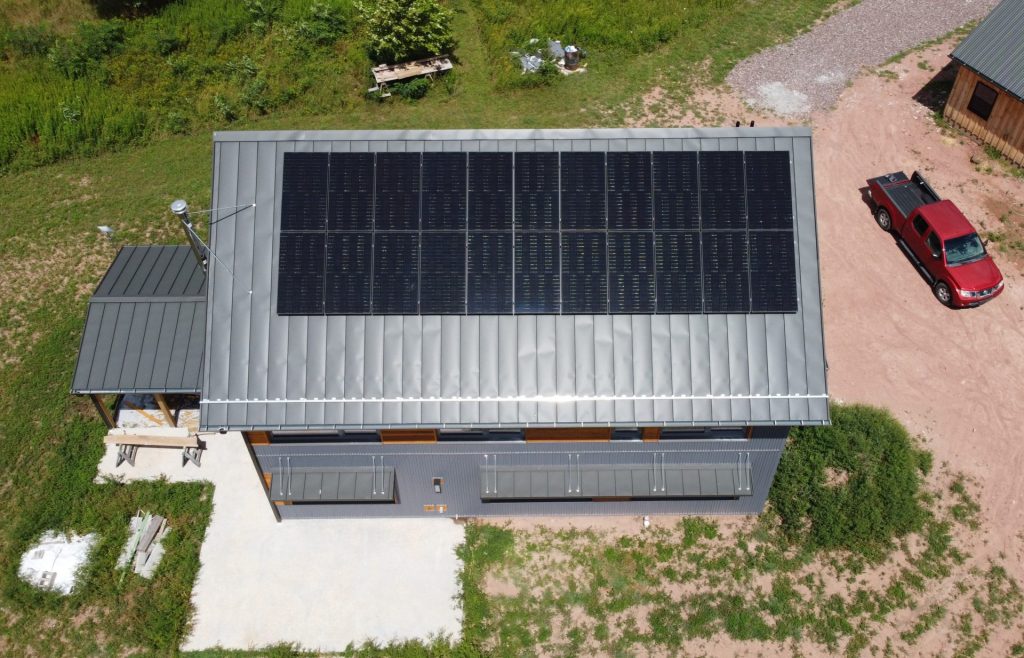
- Ensuring the home and roof are oriented for maximum solar production
- Adding solar costs to construction contract for integrated financing
- Reducing extra costs by incorporating trenching and electrical work into initial build
- Starting energy production and banking solar credits DURING construction
- Streamlining permits
Getting a builder and a solar installer talking together with the homeowner early in the process helps everyone – whether solar panels will be part of the main construction process or will be added after the new home is complete.
“Our production and sales team, builder and homeowner come together on a call where we all agree to a plan. We’ll coordinate with the builder as to when it’s the ideal time for us to come install,” Mike said.
Once the solar plan is in place, construction will follow its normal path, with a few minimal preparations for a future array. A designated “solar conduit chase” from the attic to the electrical room clears the path for solar connections after walls are closed in, for example.
Mike Studholme said as with all solar projects, mtvSolar works with each homeowner to design and install a system that will meet their needs best and fit into their energy budget. For a brand-new home, that personal approach extends to collaborating with contractors all along the way.
“We’re very experienced with how to coordinate with builders,” said Mike. “Communication along the way makes all the difference.”
If you’re wondering, could your dream home power itself? And your vehicles? With the right kind of building site, some forward planning and an experienced solar installer, the answer is likely a sunny Yes!

